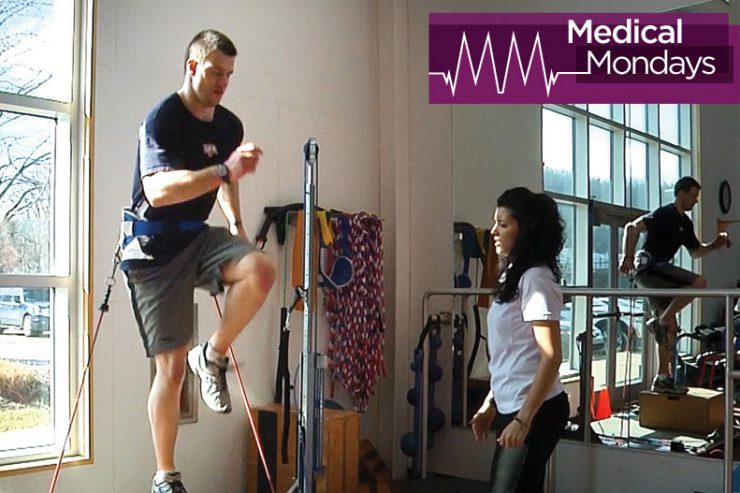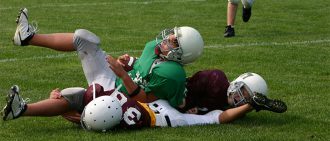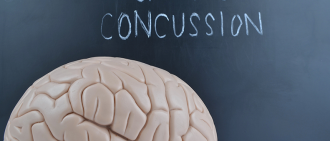With nearly 3 million sports related concussions a year and awareness for this condition growing, you might be wondering exactly what a concussion is. A concussion occurs when an impact to the head or body causes the brain to shift or move inside the skull. No two concussions are the same. Although a serious injury, a concussion is treatable.
Here, you’ll learn about:
• Concussions and losing consciousness
• Evaluating an athlete for concussion
• Common myths about concussion
Last year, ReThinkConcussions.com was launched as part of an initiative to raise awareness about scientifically proven treatments currently available for concussion. The site offers an interactive guide to understanding concussions and how UPMC offers a comprehensive approach to this injury, creating best practice protocols for diagnosis, management, and rehabilitation. To learn more about how UPMC is ReThinking Concussions, visit:
• Concussions 101
• Our Treatment Approach
• Patient Success Stories
-
Concussion and Loss of Consciousness
A common misconception about concussion is that it mostly occurs following loss of consciousness. The truth is concussions can occur with or without losing consciousness. Read on to learn more about the research conducted at UPMC Sports Medicine Concussion Program.Learn More
-
Tip Sheet: Concussion Signs and Symptoms Evaluation
It is crucial that coaches and medical staff are able to recognize signs of a concussion in their athletes. In additional they need to know the proper steps they need to take in order to deal with the injury in the correct manner. Our staff provided some helpful tips and guidelines to help with the evaluation and action steps.Learn More
-
Concussion Myths – Part 1
There are many misconceptions about concussions. Through our research and work our knowledge of concussions has grown. Erin Reynolds, PsyD, explains the truth behind some of the most common concussion myths.Learn More
-
Concussion Myths – Part 2
Did you know that it is not necessary for you to be hit in the head to have a concussion? This and others are among some of the common misconceptions floating around. We’re here to explain what is true and what is a myth when it comes to concussions.Learn More




